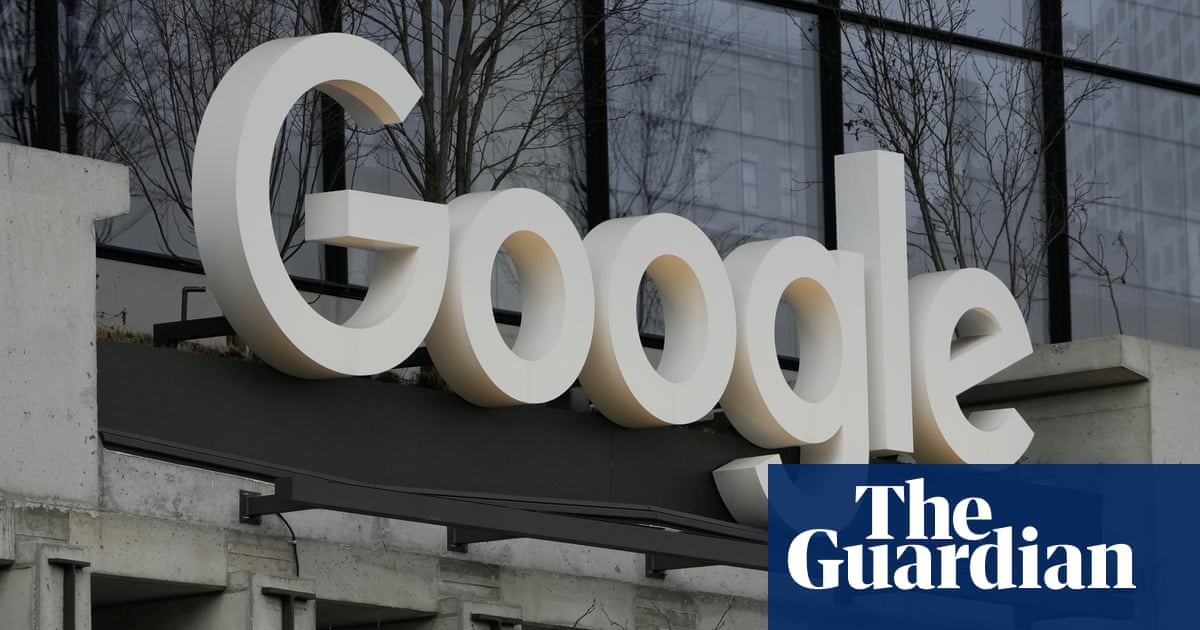
Google has agreed to destroy billions of data records of peoples private browsing history as part of a settlement disclosed on Monday over the company web-tracking practices. According to a 2020 class-action lawsuit, Google continued to scrape searches by hoovering up data about users who browsed the internet in incognito mode through advertising tools used by websites, grabbing potentially embarrassing searches of millions of people. The settlement requires approval from US district judge Yvonne Gonzalez Rogers and will update disclosures about what Google collects in private browsing sessions.



